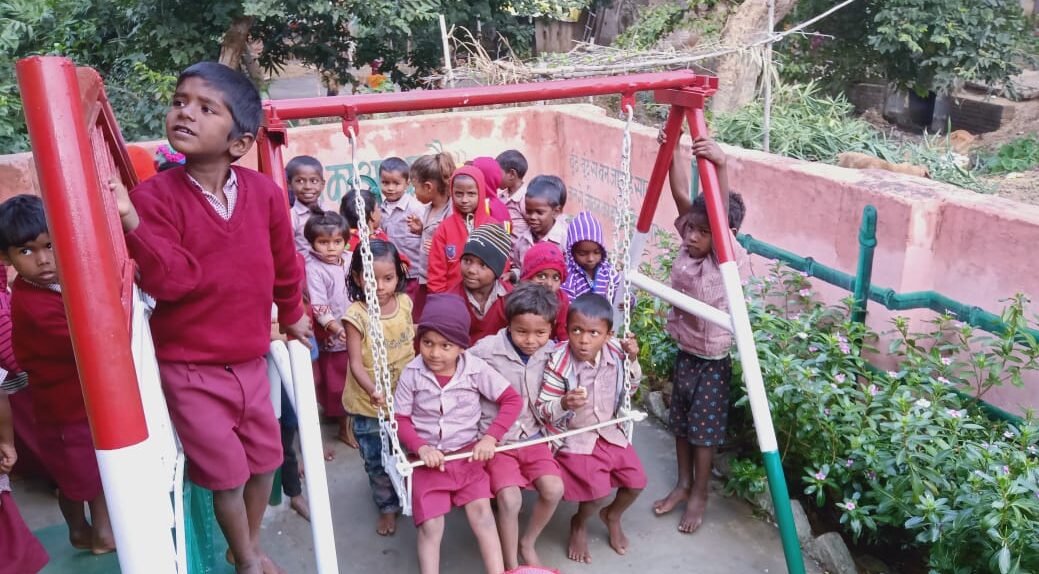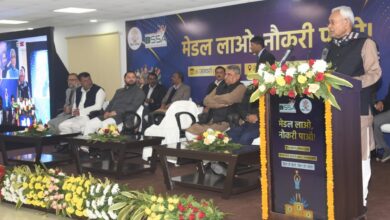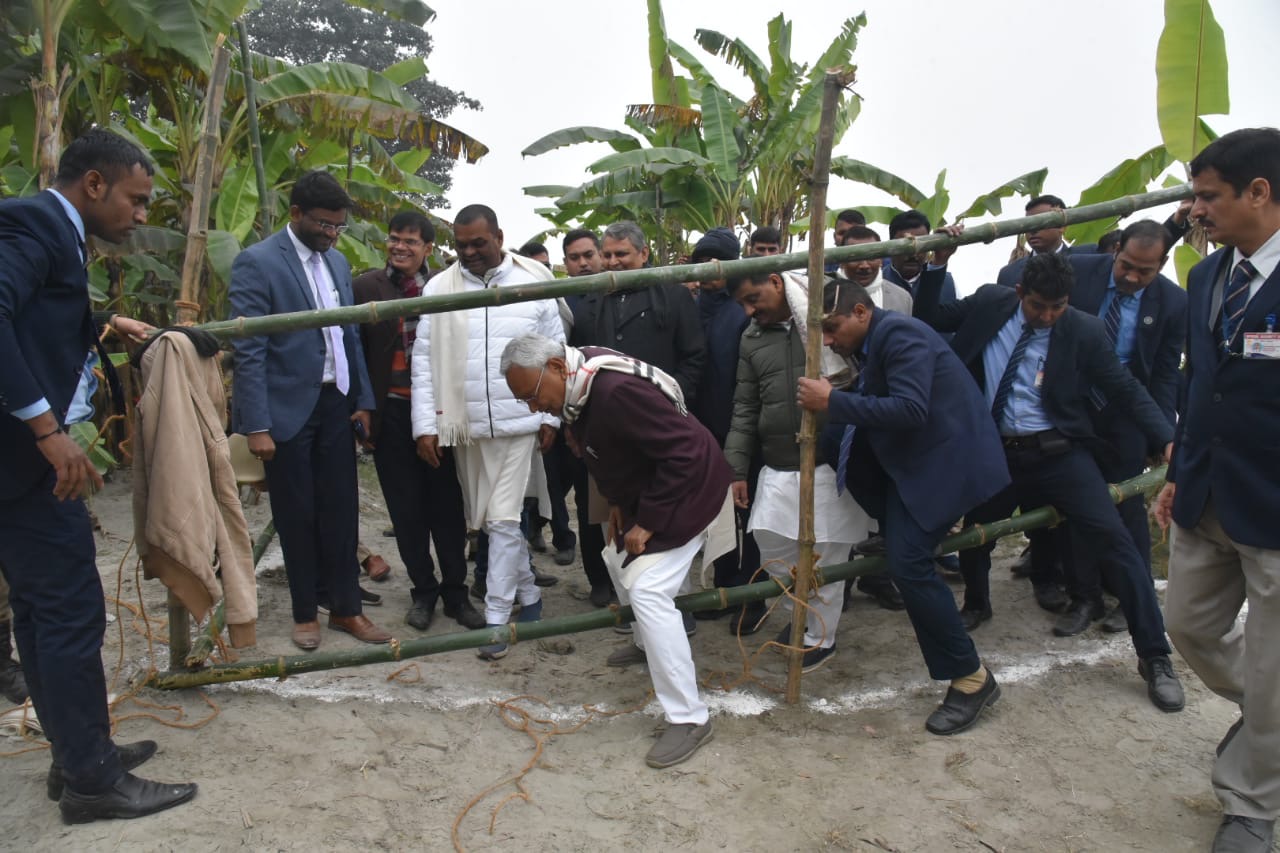Why does India rank poorly in Global Hunger Index
The government of India has contested the report, citing flawed methodology

India is ranked at 111th position out of a total of 125 countries in the Global Hunger Index (GHI) 2023. The index takes into account various factors including undernourishment, child stunting, child wasting, and child mortality. There is hardly any progress in India’s ranking in the Global Hunger Index since 2015.
The government of India has contested the report, citing flawed methodology. “The Global Hunger Index continues to be a flawed measure of ‘Hunger’ and does not reflect India’s true position,” the Union Ministry of Women and Child Development said in a statement.
The Global Hunger Report 2023 was released recently by Concern Worldwide and Welt Hunger Hilfe, Non-Government Organisations from Ireland and Germany respectively.
According to the Global Hunger Index report, India’s child wasting rate, at 18.7%, was the highest among countries on the index; its child stunting rate at 35.5% was the 15th highest; the prevalence of undernourishment was 16.6%; and the under-five mortality rate was 3.1%.
The report drew its data on child stunting and wasting from the National Family Health Survey (2019-2021). The WCD ministry attacked the estimate and said the problems of stunting and wasting owed to multiple factors – sanitation, genetics, environment, utilisation of food intake, and could not be attributed to lack of food. “Also, there is hardly any evidence that the fourth indicator, child mortality, is an outcome of hunger,” it said.
“The index is an erroneous measure of hunger and suffers from serious methodological issues. Three out of the four indicators used for calculation of the index are related to the health of children and cannot be representative of the entire population. The fourth and most important indicator ‘Proportion of Undernourished (PoU) population’ is based on an opinion poll conducted on a very small sample size of 3000, the ministry said.
“The State of Food Security and Nutrition in the World 2023 (SOFI 2023)” report released by Food and Agriculture Organisation (FAO) estimates PoU for India at 16.6%. The FAO estimate is based on “Food Insecurity Experience Scale (FIES)” survey conducted through Gallop World Poll which is an “opinion poll” based on “8 questions” with a sample size of “3000 respondents”.
The data collected from a miniscule sample for a country of India’s size through FIES has been used to compute PoU value for India which is not only wrong and unethical, it also reeks of obvious bias.
Owing to these flaws, FAO was asked not to use such estimates based on FIES survey data. The Ministry of Statistics and Programme Implementation has planned a pilot survey on FIES in consultation with FAO, Ministry of Agriculture and Farmers’ Welfare and Department of Food and Public Distribution. The Technical Group constituted for this purpose has suggested changes in the existing FIES module including questionnaire, sample design and sample size. However, despite the pilot survey being in process, continued use of FAO’s FIES based PoU estimate is regrettable.
Two other indicators, namely, Stunting and Wasting are outcomes of complex interactions of various other factors like sanitation, genetics, environment and utilisation of food intake apart from hunger which is taken as the causative/outcome factor for stunting and wasting in the GHI. Also, there is hardly any evidence that the fourth indicator, namely, child mortality is an outcome of hunger.
The Central Government launched Pradhan Mantri Garib Kalyan Anna Yojana (PMGKAY) with the specific purpose of ameliorating the hardships faced by the poor and needy due to economic disruptions caused by the COVID-19 outbreak in the country. The allocation of free food grains under PMGKAY was in addition to normal allocation done under the National Food Security Act (NFSA), 2013. A total quantity of approximately 1118 Lakh Metric Tonnes (111.8 Million Metric Tonnes) food grains had been allocated under PMGKAY (Phase I-VII) for the period of 28 months with a planned financial outlay of about Rs 3.91 lakh crore (Rs 3910 billion) during FYs 2020-21 to 2022-23 benefitting nearly 80 crore persons.
Starting 1st January 2023, PMGKAY has been further extended for one year to provide food grains free of cost to AAY (Antyodaya Anna Yojna) households and PHH (Priority Households) beneficiaries under NFSA, 2013 with the likely expenditure of nearly Rs 2 Lakh Crore (Rs 2000 Billion). This is the largest food security programme in the world.




